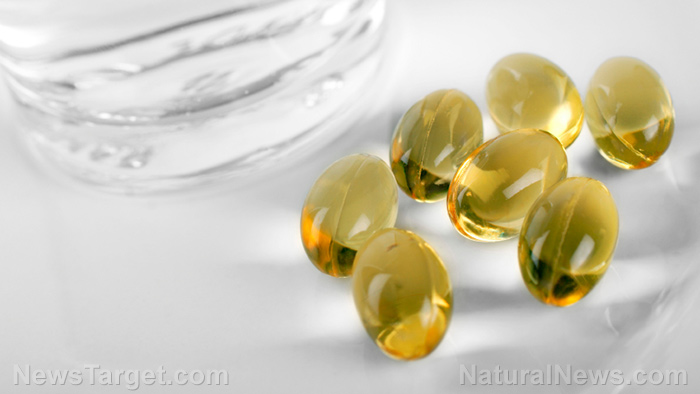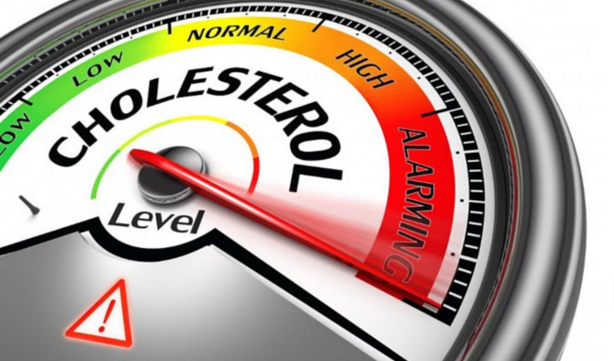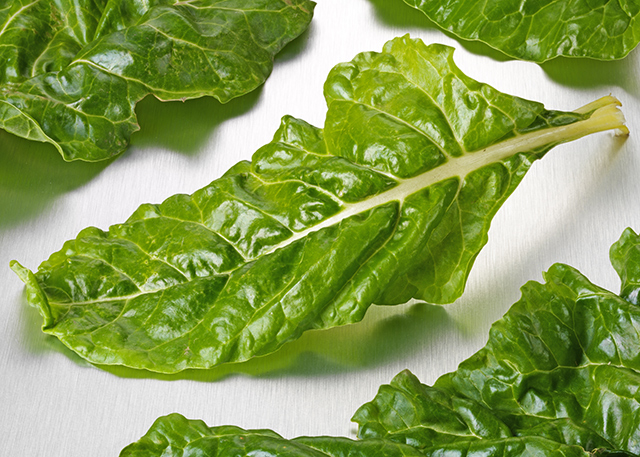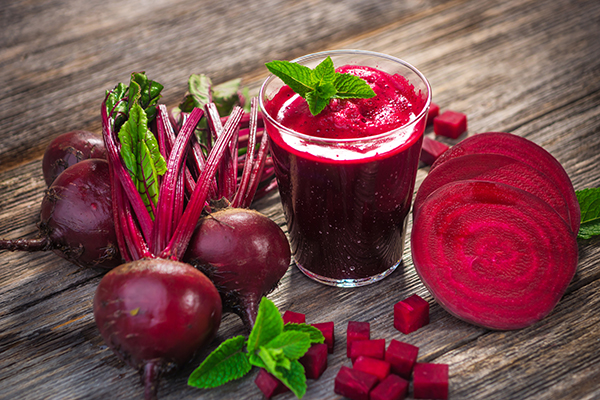Dr. Leonard Mervyn’s “Vitamin E: The Vitality Vitamin” looks at the enduring power of this key nutrient
08/19/2025 / By Ramon Tomey

- Vitamin E’s potential has been debated for decades, as Dr. Leonaryd Mervyn outlines in “Vitamin E: The Vitality Vitamin.” Pioneering work by the Shute brothers demonstrated its cardiovascular benefits, though mainstream medicine initially dismissed their findings (e.g., success in treating angina, atherosclerosis and thrombosis in over 40,000 patients).
- Vitamin E improves blood flow, reduces muscle oxygen demand, prevents clots and shields tissues from oxidative damage. Mounting evidence supports its role in preventing heart disease, yet modern food processing has reduced dietary sources, contributing to deficiencies.
- Beyond heart health, vitamin E neutralizes free radicals, synergizes with other antioxidants (e.g., vitamin C), and may protect against cancer, neurological decline and skin conditions. Its decline in diets correlates with increased risks of muscle wasting and immune dysfunction.
- The Shute brothers’ research challenged medical norms, advocating for vitamin E’s therapeutic potential. Natural d-alpha tocopherol (not synthetic forms) is recommended for maximum efficacy, highlighting the value of nature-derived solutions.
- Despite resistance, vitamin E’s proven benefits warrant broader adoption in preventive health. Patients are encouraged to consult healthcare providers but explore its potential as a safe, powerful adjunct to conventional treatments.
For decades, the story of vitamin E – as outlined in Dr. Leonard Mervyn’s “Vitamin E: The Vitality Vitamin” – has been one of both promise and controversy in the field of medicine. While conventional healthcare often prioritizes pharmaceutical solutions, vitamin E stands as a testament to the healing potential of natural remedies.
The pioneering work of the Shute brothers and their colleagues has demonstrated through rigorous research that this vital nutrient plays a crucial role in cardiovascular health, disease prevention and overall well-being. Yet its benefits remain underexplored by mainstream medicine.
Vitamin E’s journey began in the 1920s when researchers discovered its role in fertility, earning it the nickname “the fertility vitamin.” However, further studies revealed that its influence extended far beyond reproduction.
In the mid-20th century, the Shute brothers treated over 40,000 patients with heart conditions using high-dose vitamin E therapy. They reported remarkable success in alleviating angina, reversing atherosclerosis and preventing thrombosis. Despite these findings, skepticism persisted, partly because the medical establishment struggled to link vitamin E deficiency to a single, easily identifiable disease like scurvy or beriberi.
One of the most debated claims in vitamin E research is its ability to relieve angina. While initial studies yielded mixed results, a later double-blind trial confirmed a modest beneficial effect. Given its safety profile and mounting evidence that it prevents atherosclerosis and heart attacks, many integrative health practitioners now recommend vitamin E supplements for patients with angina and other cardiovascular conditions.
Vitamin E’s protective effects stem from multiple mechanisms:
- Improving blood flow.
- Reducing oxygen demand in muscles (especially the heart).
- Preventing harmful blood clots.
- Shielding tissues from oxidative damage caused by free radicals.
The decline in vitamin E intake over the past century is no coincidence. Modern food processing such as refining wheat into white flour – which strips away nutrient-rich germ – has drastically reduced dietary sources of this essential vitamin.
Additionally, while certain nutrients are artificially added back into processed foods, vitamin E is often neglected. As a result, deficiencies may contribute not only to heart disease but also to muscle wasting, nerve damage and immune dysfunction.
Beyond its role in cardiovascular health, vitamin E functions as a powerful antioxidant, neutralizing free radicals that accelerate aging and disease. It works synergistically with other antioxidants like vitamin C and selenium to bolster cellular defense, potentially reducing the risk of chronic conditions including cancer. Some research even suggests its protective effects extend to neurological health, skin conditions and athletic performance.
Despite its proven benefits, vitamin E continues to face resistance, highlighting a recurring theme in medical history. Natural remedies are often dismissed until undeniable evidence forces reconsideration.
The Shute brothers’ legacy underscores the importance of challenging prevailing medical paradigms and reevaluating nature’s pharmacy. For those seeking to harness vitamin E’s potential, opting for supplements containing natural d-alpha tocopherol – rather than its synthetic counterpart – is crucial for maximum efficacy.
While vitamin E may not be a panacea, its multifaceted benefits make it a critical component of preventive health. From safeguarding the heart to combating oxidative stress, this overlooked nutrient deserves far more recognition than it has received. As integrative medicine gains traction, perhaps the broader medical community will finally embrace vitamin E’s rightful place in promoting longevity and vitality.
For now, those willing to explore its potential stand to gain significantly from nature’s timeless remedy. Always consult a healthcare provider before starting new supplements, but don’t underestimate the power of vitamin E. It might just be the missing piece in your wellness journey.
Watch this video about the book “Vitamin E: The Vitality Vitamin” by Dr. Leonard Mervyn.
This video is from the BrightLearn channel on Brighteon.com.
Sources include:
Submit a correction >>
Tagged Under:
aging, cardiovascular disease, cures, healing, health science, Heart, heart disease, Leonard Mervyn, longevity, natural cures, natural health, natural remedies, nutrients, remedies, reverse heart disease, supplements.report, Vitamin E: The Vitality Vitamin, vitamins
This article may contain statements that reflect the opinion of the author
RECENT NEWS & ARTICLES
COPYRIGHT © 2017 HEART NEWS



















